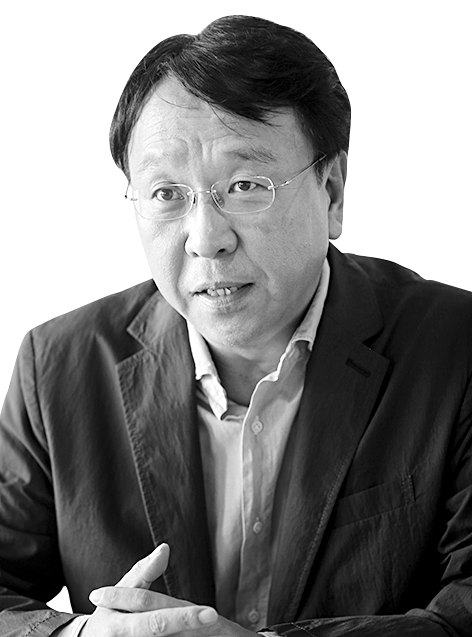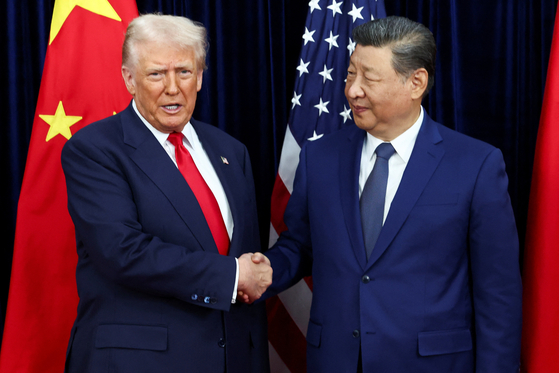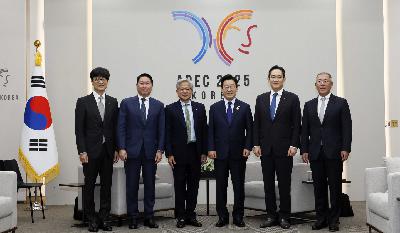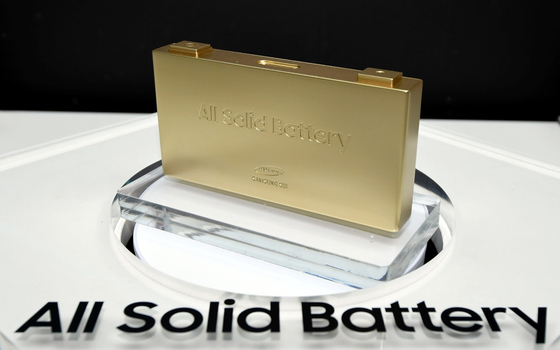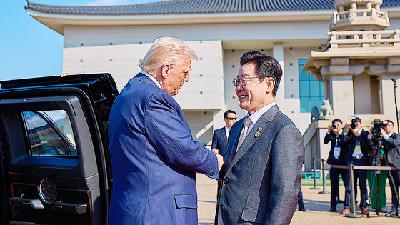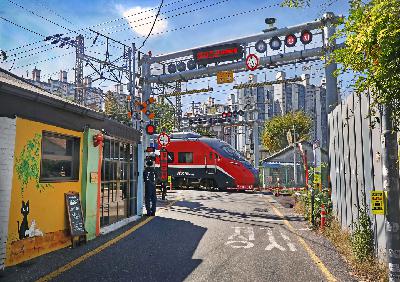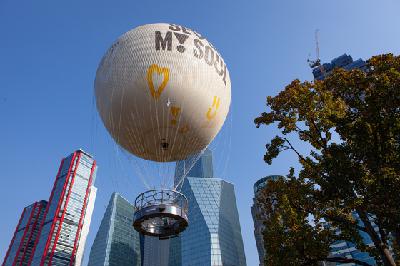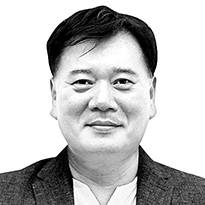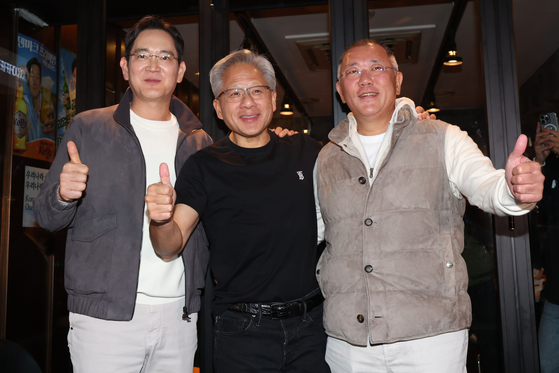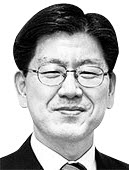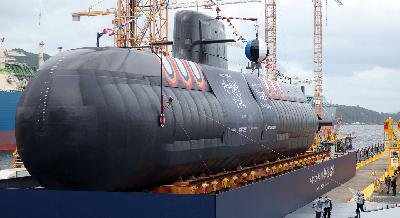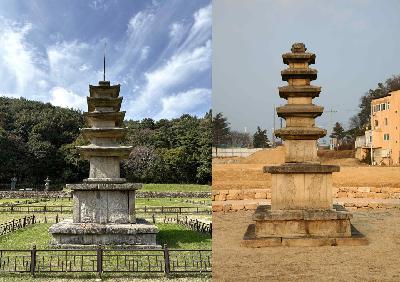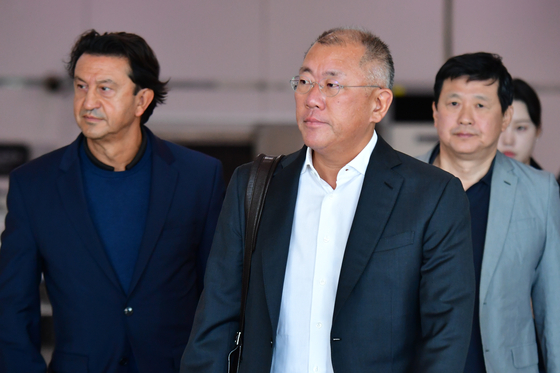Kim Jong-un raises his value, but even recognition of his nuclear status leaves a long road ahead
Update: 2025-10-30
Description
Jo Dong-ho
The author is a professor emeritus at Ewha Womans University and chairman of the North Korea & Global Forum
U.S. President Donald Trump returned home yesterday after attending the APEC Summit in Korea. During his visit, he made an unusual effort to meet with North Korean leader Kim Jong-un. Despite unease among Koreans, he referred to North Korea as a "nuclear power" and went so far as to suggest that Kim's regime could extend its rule indefinitely. When Pyongyang offered no response, Trump hinted that he might consider easing sanctions.
But North Korea answered not with words, but with action. On Tuesday, the day before Trump's arrival, it launched sea-to-surface cruise missiles. Trump has never tried so hard to meet anyone. Kim Jong-un, meanwhile, was no longer the same leader who had once rushed to meet him at Panmunjom after reading Trump's 2019 tweet - "I will go to Panmunjom tomorrow" - and had clung to hopes of sanctions relief at their Hanoi summit.
North Korea's economy remains in dire straits. The Bank of Korea estimated its growth last year at 3.7 percent, though many experts consider the figure inflated. Even if accurate, the gain is negligible given the country's tiny economic base. North Koreans endured catastrophic hardship in the mid-1990s, and the international sanctions of the mid-2010s added further weight. In the 2020s, as the state tightened its grip on commerce and trade, even modest market activity - the main lifeline for many households - became difficult. Studies suggest household income has fallen by about half compared with pre-sanctions levels, while GDP has dropped roughly 25 percent. Once praised for improving efficiency and expanding local autonomy, Kim's early economic reforms now appear spent.
Yet in a broader sense, he has achieved what he sought. Domestically, the burden has been heavy; externally, the gains significant. The collapse of the Hanoi talks in February 2019 shocked Pyongyang. Faced with a choice between compromise and confrontation, it chose the latter. At the Fifth Plenary Meeting of the Seventh Central Committee that December, the Workers' Party declared a new "frontal breakthrough offensive," vowing to undertake "another arduous and prolonged struggle." At the Eighth Party Congress in January 2021, Kim reaffirmed continued nuclear development. The slogan was "strength-for-strength," but in practice the strategy was endurance.
Hence the heightened emphasis on "self-reliance." As Pyongyang proclaimed, "The more vicious the enemy's obstruction and the harsher the difficulties we face, the more we must advance along the path of self-reliance." It was both an assertion of resilience amid crisis and a message to Washington: our nuclear capabilities will grow - come to the table before it is too late.
North Korea believed time was on its side and pressed ahead. On Monday, the Rodong Sinmun declared that under "the great Party's leadership" the nation had "internalized the spirit of self-reliant development" and would "prove to the world that its strength cannot be subdued by any force." It was a final signal to Trump, who had been courting Kim.
Kim's plan worked. Trump, unaccustomed to being ignored, appeared increasingly restless. The same president who often slighted long-time allies now showed a deference toward an old enemy that bordered on flattery. For the moment, Kim Jong-un had won. He had avenged the humiliation of Hanoi.
Having seized the upper hand, Kim had no reason to accept Trump's offer of talks. He likely believed that his value would only rise with time. Without an official letter or invitation, responding to Trump's trademark showmanship risked embarrassment. Without explicit and public commitments to recognize his nuclear status and ease sanctions, any surprise summit could become another Hanoi. His decision to dispatch Foreign Minister Choe Son-hui abroad on Sunday was a signal of non-engagement; the missile launch targeting the range of a U.S. base...
Comments
In Channel

